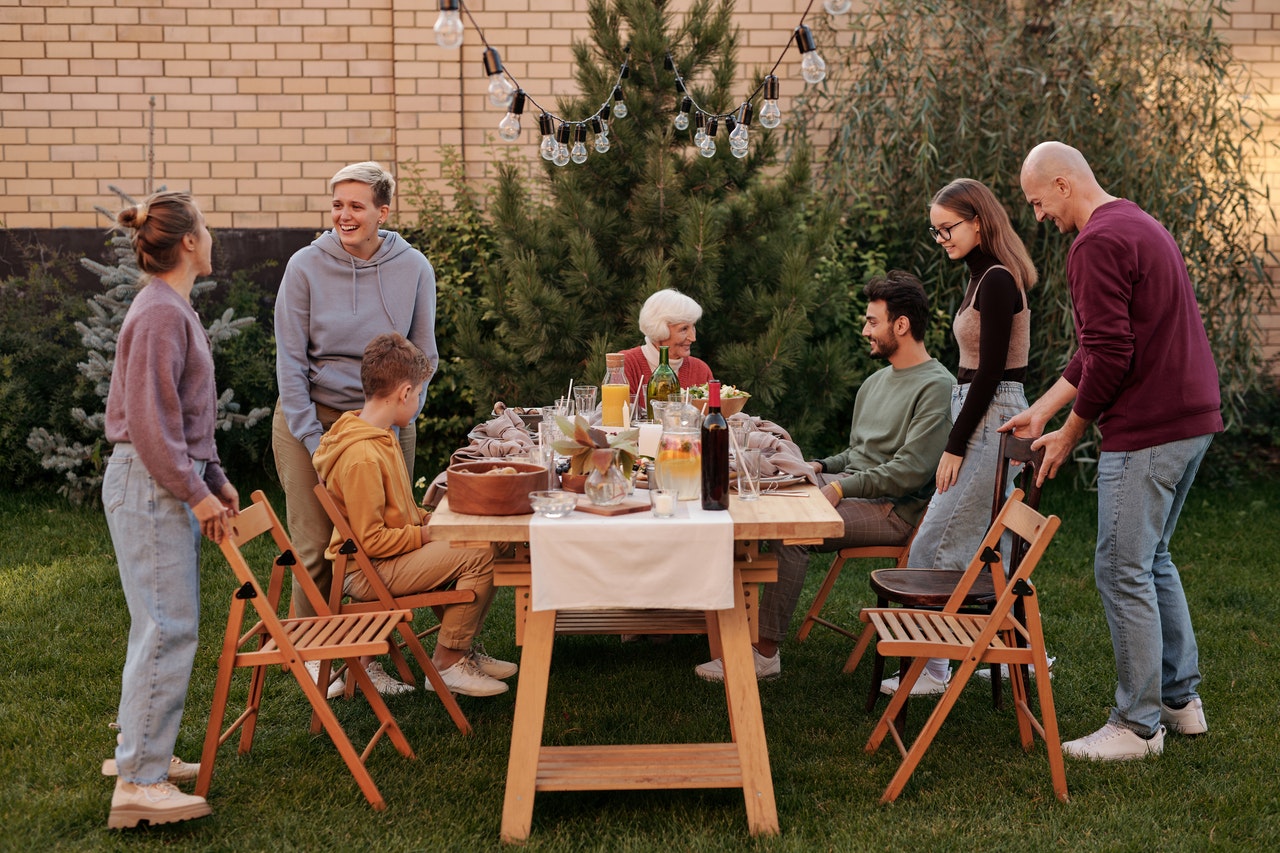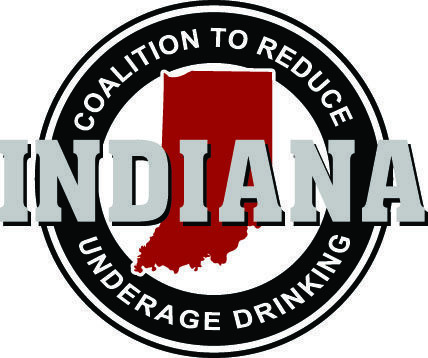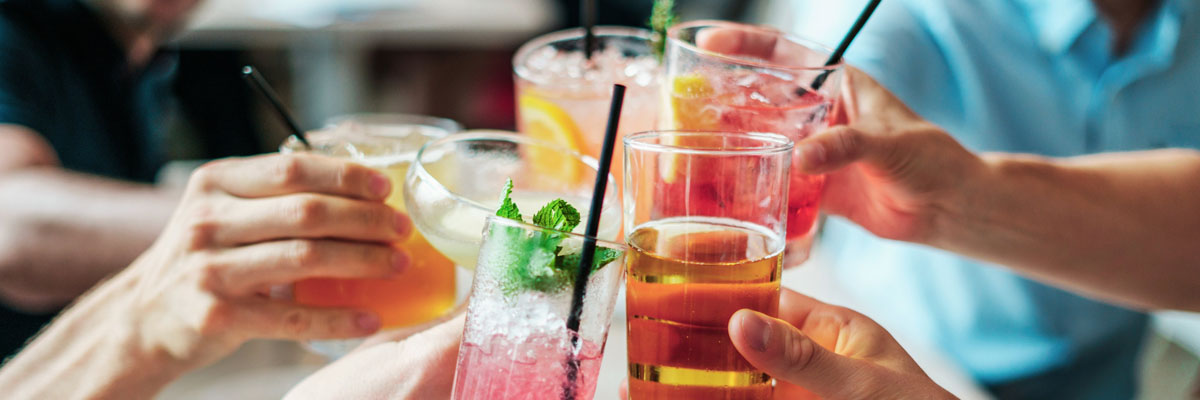ICRUD passed a social host law in 2014, thanks to the work of Senators Pete Miller and Mike Young, and community members who contacted their legislators.
How is social host different from the current underage drinking law?
It is a Class B misdemeanor to provide alcohol to a minor. Now, under social host, it is also a Class B misdemeanor to provide a PLACE for minors to drink. This includes the adult’s house, and any property they own, rent or control, including a hotel.
What is the penalty for violating the social host law?
The penalty for violating the social host law is a Class B misdemeanor, which can carry a fine of up to $1,000 and is punishable by one year in prison.
Why is social host important?
Underage drinking isn’t just a youth problem – it’s an adult problem. Most minors get their alcohol from an adult. When adults purchase or give alcohol to minors, they’re part of the problem. Adults who provide a place for minors to drink should be held responsible for allowing and facilitating underage drinking.
What can communities do to help ensure the social host law is being enforced?
Even though social host is a law, many law enforcement agencies, as well as judges, may not be aware that Indiana has a social host law. You can provide information and education on social host to law enforcement and judiciary. Communities can also provide information to the public, specifically adults, about the law. Social media campaigns, public information campaigns, and advertising can help communities understand social host and the importance of this law.
Learn what you can do to raise awareness about the social host law in your community.
What’s the big deal anyway?
People under 21 drink in Europe and other countries and they don’t have problems.
- The claim that Europe and other countries don’t have problems related to alcohol and underage drinking is false.
- According to the 2003 European School Survey Project on Alcohol and Other Drugs (EPAD), most European countries have a higher percentage of high school aged students reporting heavy alcohol use than their peers in the US (1).
- Lifetime prevalence rates of heavy alcohol use are lower in the United States. More recent surveys have also shown that there are problems in Europe due to their lower drinking age. A survey conducted in 2011 noted that 36% of US high school sophomores said that they had been drunk at least once before, which is less than the 47% of European students of the same age that also stated they had been drunk before (2).
- Several other studies have shown similar results. Europe consistently ranks higher when measuring underage people that have had a drink or been drunk in the past 12 months (3).
If people fight for their country and vote at 18, why can’t they drink?
- It is a common argument that since people can vote and join the military at 18, they should also be able to drink at that age. There are several activities that require a person to be a certain age—some examples include that one can vote and join the military at 18, drink at 21, rent a car at 25, and run for president at 35. There is logic behind all of these ages of initiation and they all take into consideration the requirements, risks, and benefits of each act.
- So, while it has been determined that one can indeed fight for their country or vote when they turn 18, it has also been determined that the risks do not outweigh the benefits for having a lower drinking age and legally allowing people to drink at 18.
- Establishing the minimum drinking age at 21, rather than 18, has helped to improve highway safety by decreasing drinking while driving incidents and fatalities (4).
- It also minimizes or eliminates some of the risks that come with underage drinking, including developing alcohol dependence or addiction later in life, damaging one’s developing brain, and suffering from other alcohol related problems (5).
Kids are going to drink anyway – they should do it at home where they can be monitored and kept safe.
- SADD’s Teens Today research states that parents and guardians who allow their children to drink at home are condoning the behavior of underage drinking and this actually encourages kids to also drink outside the home significantly more than if they weren’t allowed to drink at home (6).
- Allowing your children to drink in your home will not ensure that they will drink responsibly or that there will not be consequences to their drinking. There is no guarantee of safety at your home and your children will still be subjected to the same risks and consequences of underage drinking as if they were engaging in the same behavior outside the home, including alcohol poisoning, injuries, assault and violence, and alcohol dependence and addiction (7).
- Many parents think they can teach their children “responsible drinking” by allowing them to drink at home where they are monitored. However, research actually shows that parents providing alcohol is associated with increased underage drinking (8).
Laws like social host are just a way for the government to invade my privacy and creates criminals out of kids.
- The intent of the Social Host Law is not to invade anyone’s privacy or to create criminals out of kids. Instead, it is intended to protect minors and the larger community.
- Underage drinking is a serious problem and it does not only affect those who choose to partake. The consequences of underage drinking can be drastic. Thousands of people in the United States are injured or killed each year due to alcohol related crashes involving teenage drivers (9).
- Minors who attend parties or get togethers where parents supply alcohol or knowingly supply a place to drink are also at increased risk for binge drinking and alcohol related problems.
- Underage drinking has always been illegal, but now the Social Host Law states that it is also a Class B misdemeanor to provide a place for minors to drink and the law will hold adults responsible for allowing and facilitating underage drinking. The law will allow for parents or anyone over 21 to be responsible hosts by discouraging underage drinking and not providing a place for minors to drink.
Underage drinking is a rite of passage and no big deal – I drank when I was underage and I turned out fine.
- Alcohol use today is much different than it was even a decade ago. Today, there are new methods of consumption and new products available. While you may have engaged in underage drinking and “turned out fine,” young people today frequently engage in high risk drinking or binge drinking and often set out to get drunk, which was not always the mindset when it came to underage drinking.
- Additionally, underage drinking is not always seen as simply a rite of passage. There are a myriad of reasons underage youth choose to drink, and drink in large quantities today, including mental health reasons such as anxiety and depression, genetics, and social environments (10).
- It is imperative to take into consideration why today’s young people are consuming alcohol, as it’s usually not as simplistic as being a rite of passage.
- According to The Surgeon General’s Call to Action to Prevent and Reduce Underage Drinking, alcohol use by young people contributes to injuries, risky sexual behavior, an increased risk of assault, alcohol dependence, physical violence, and death, among other consequences (11).
- Studies also show that the risks and consequences of alcohol use and abuse increase the earlier young people start to drink. Moreover, young adults’ brains are not yet fully formed and alcohol use can permanently damage the structure and function of their still developing brains (12).


